|
I'm a mom of four special needs children, even though three aren't kids anymore: they've moved out, gotten married, off the payroll. But three of those children have ADHD, and the youngest, who is 13 now, is blessed (insert sigh) with a good dose of ADHD, too. Suffice it to say that I know my way around ADHD. Here are 13 tips from a seasoned mom of kids with ADHD on how to homeschool a child with attention deficit disorders.
This post may contain affiliate links, which help support this website. I thank you for your support when you click on the links and order from them. Allow Fidgeting When homeschooling, the temptation is to sit at the dining room table or in your homeschool room and make the kids sit for all subjects (insert laugh track here). Children with ADHD have to fidget, squirm, move--it's how they process information. If they don't, or aren't allowed to fidget, that's when problems occur and they act out. There are many ways you can allow fidgeting. Bouncing legs, playing with fidget spinners and other fidgeting toys, wiggle seats, tapping fingers on the table...all are tools kids with ADHD use to help them process information and deal with the myriad of thoughts parading through their minds. Allow Movement In a similar vein, movement helps kids with ADHD to absorb information. It goes against everything we know as parents, but allowing your child to do jumping jacks or bounce on a trampoline while saying his spelling words really does help. Don't have an outdoor trampoline? This small indoor one will help your child get that sensory movement they crave, while doing schoolwork. I've even told my child to run around the house between subjects to get some gross motor skills in with the movement. If you have a swingset outside, allow "recess" to happen between subjects to get out those wiggles. You could also walk with your child around the neighborhood between subjects to get in some movement--and maybe have a conversation about what he or she just studied as added reinforcement. Ear Plugs or Headphones Kids with ADHD often have sensory issues, too, and are heavily distracted by the world around them. You can minimize these distractions through playing soft instrumental music during your homeschool time, silencing your phone or turning it off altogether, hanging a sign on your door that says "Homeschooling in Progress; Please Don't Interrupt," and using noise cancelling headphones or ear plugs. Make a peaceful environment in your home during school hours. Use a Timer Using a timer was a game changer with my kids. When I'd give them a set time, using either a manual timer or the timer on the stove, it was a huge incentive for them to beat that time. The kicker is, if I used the timer as a motivating force for them to do math or any other subject, the answers to the questions had to be right. They just couldn't fly through it; questions had to be answered correctly. Using a timer wasn't just for schoolwork, though; I used it in chores, such as cleaning the kitchen, or anything that they would typically dawdle in. Make a To-Do List Making a to-do list for each child is imperative. Whether it's for homeschool, chores, or anything else, a to-do list helps the child keep track of what they need to be doing. My daughter will be using this amazing planner from Not Consumed for middle school homeschoolers. They have planners for elementary and high school students, too (and moms!). Be Very Specific in Instructions With my kids, I found that I needed to be very specific in giving instructions and in what I expected of them. For example, "clean the kitchen" was too broad and overwhelming, but "unload the dishwasher" and "sweep the floor" were more concrete requests. I don't know about you, but I just find it less of a hassle to load the dishwasher myself, or stand there and direct how to do it. In schoolwork, with my daughter who has ADHD, I tell her (then she writes it in her planner) what she is to accomplish the next day, including the page number range she is to read in certain subjects like history and science, questions she needs to answer, and words she needs to define. Just saying "do your math," leads to a lot of frustration to child and parent alike. When she is cleaning her room, I get her to write down what she needs to do: "pick up trash, put laundry in hamper, make bed." Then she can cross off the items as she does them. Chore Sticks One thing I did when my kids were younger was write down a chore on a craft stick using a thin permanent marker, such as "unload dishwasher," "sweep living room," "scoop the cat boxes," "wipe dining table," etc. Then each morning they'd choose a chore stick or three to do that day. This doesn't work so much when you have just one child at home, poor girl, but when I had all four at home, it worked well. Label Things One thing that has helped is to label things, especially when you small children such as preschoolers or early elementary. Label toy bins for specific toys so your kids won't get overwhelmed putting things away (we'll talk about bedtime routines below). Label homeschooling bins with the appropriate supplies so people can find things and put things away. Help Your Child Study Sit beside your child as he's doing his schoolwork. If you work from home, work beside him with your laptop. Often just your presence there will help minimize distractions and keep him on track. Plus you can easily help him if he gets stuck. Often, reading the text to your child will help her absorb the material better than reading it on her own. Utilize Flash Cards Utilize flash cards for review, such as math facts or states. Have your child use index cards and make their own flash cards for facts they need to know, such as their spelling words or history facts. Reward Compliance Instead of flying off the handle and giving attention to the naughty things your child does, reward compliance when they do something good. Often, my children would misbehave because they'd get more attention when they misbehaved. When I figured this out, I changed the way I was doing things and spent a lot of quality one-on-one time with each of them. I'd take one out for ice cream or something and spend time talking with him or her (with the child, not at the child). I found that when I did this, behaviors that ran contrary to what we wanted diminished. For little kids, stickers on chore charts go a long way. Set a Bedtime Routine Have a set bedtime routine and time for each child. Turn the television off and wind the whole family down. Have a fifteen minute pickup where children put toys and books away, you get ready for the next day's homeschool day, even to the point of laying clothes out. Showers or baths, storytime, reading the Bible--whatever helps your family wind down and prepare for a good night's sleep. The key is routine. Kids with ADHD thrive on routine and structure. Give them that, and negative behaviors will slowly disappear. Outdoor Free Play It is crucial to give your kids with ADHD outside free play, where they can run and shout and explore. If you have a fenced-in yard, that is ideal; if not, plant yourself on a chair with shade and a cold drink, and watch them play. Engage yourself in their play and build those relationships apart from textbooks and worksheets. Kids grow up so fast -- even kids with ADHD. Those moments are fleeting. As I type this, I look up at a picture I took of my two boys when the oldest was five and the youngest was two. Now, they're 28 and 25 -- and the 25-year-old is married. It seems like just yesterday I snapped that picture on a playground, the oldest holding a stick and the youngest holding his brother's hand. Even though you have a child with ADHD, don't allow ADHD to take away from the joy that is rearing children. ~ Terrie (C) 2023 Terrie Bentley McKee ALL RIGHTS RESERVED
0 Comments
It's that time of the year: birds are singing, flowers blooming, pollen on the air...and homeschoolers fight homeschool with every fiber of their being. Yet, you as the homeschooling parent, want--need--them to finish something related to homeschool. Your house is a mess, your kids aren't listening to you, and you are overwhelmed.
Homeschool doesn't have to be overwhelming but it often can be. Distractions get in the way of both parent and child, and the academic part of homeschooling can quickly feel like a chore. Here are some ways to manage an overwhelming homeschool life: Have a change of scenery As I write this, my daughter is beside me on our deck. We're sitting on a bench together, papers and books and laptop before us on a table. Birds are chirping, our chickens are clucking, the duck is quacking, and I expect Carl, our rooster, to crow any moment. Carolina blue skies are overhead, dotted by big fluffy clouds. It's a glorious day--and we are homeschooling. She's working a word search for spelling. The thing is, we just started--and it's already 12:03 in the afternoon. It's nearly impossible for us to start in the early morning hours, so we start when we can: after animals have been fed, breakfast eaten, and clothes changed. Sometimes, a change of scenery, like coming outside on a gorgeous day, can help a great deal. Take materials to the park with a big blanket, or go to the library. Sit at a library table and, quietly, do the lessons. Minimize distractions The biggest distraction for my daughter are screens. Her tablet, her borrowing my phone--they all have a tendency to suck time and motivation away from her. One thing we're going to do, starting tomorrow, is to institute a new family rule: no screens until academics are finished and chores are done. I say tomorrow because this is an ongoing issue and, frankly, one I just came up with. When you're overwhelmed, you have to come up with things as you go to see what works and what doesn't. Curriculum Here me out: you don't have to finish the curriculum. If academics are hurting your relationship with your child, stop the academics. Take a couple weeks off and do fun things: plant a garden, visit museums or parks, rearrange the child's room--do things that are out-of-the-ordinary. Go for long nature walks and talk about what you see. Then, come back to academics a little at a time. Not even public schools finish entire math books. The purpose of homeschool is to cultivate a relationship with your child and institute a love of learning. If learning has become a form of torture for you both, it's time to give it a rest. Try something new, like just reading the history book aloud. Do science projects. There's a caveat to this, though: if you have a high school-level student, it's important for the sake of the transcript that curriculums do get finished. Have a heart-to-heart with your student and just lay it out: you must push through the curriculum to graduate high school. A lot of life is simply pushing through. We need to make sure our children understand that. Take time for yourself It's one thing for the students to be overwhelmed; it's another when the homeschooling parent gets overwhelmed. Know that it's perfectly okay to reach out to another homeschooling family and ask if they want to trade time. You invite another group of homeschooling children to your home, with their academics they're working on, and all the kids work on their individual tasks at your table, while the visiting kids' mom gets a much-needed break. Maybe she'll get her hair done, or nails, or just have a couple hours for a mental health break. Then, she watches your kids while you get a little break. Get organized Take a week off academic homeschool and make it a homeschooling project to organize parts of the house that are cluttered and overwhelming. If you use your dining room for homeschool, as I do, try to figure out a way to store homeschool materials when they're not being used so you can actually use the table to dine on. If you are blessed enough to have a dedicated homeschool space, take a day or two to organize and redecorate it--particularly before starting a new grade or homeschool year. Biblical characters battled being overwhelmed, too Christian homeschoolers often think that they're the only ones to get overwhelmed. Just because a biblical character was close to God doesn't mean they didn't battle being overwhelmed. David, Jeremiah, Elijah--even Jesus in the Garden of Gethsemane were overwhelmed at some point in their lives. We can learn from them and how they handled being overwhelmed. Having an active and constant prayer life, being in the Word, and surrounding yourselves with praying friends can all help you in being overwhelmed. Everyone faces a season of being overwhelmed. I feel like I am a chronic overwhelmer--to the point that I needed help, so I wrote a book about how biblical characters handled being overwhelmed and what we can learn from them. I learned so much during the writing of this book! Overwhelmed: Biblical and Practical Ways to Manage a Crazy-Busy Homeschool Life can be found in my online store (autographed) or non-autographed books are available on Amazon. Balancing homeschooling, parenting, discipleship, home management, and life can be extraordinarily tricky. In this mercifully brief book for overwhelmed homeschool parents, I give biblical and practical strategies on how to manage a crazy-busy homeschool life. Using Scripture and practical suggestions, I encourage parents who are caregivers and homeschooling, and parents who are homeschooling children with special needs. In addition, I show how biblical figures handled stress, and applies those lessons to real-world issues homeschoolers face. Please know that you are not alone! Every homeschooling parent feels overwhelmed at times, and more in some seasons. It's important to recognize when you're reaching that point, and to do something about it. In Christ, Terrie (C) 2022 Terrie Bentley McKee ALL RIGHTS RESERVED |
AuthorTerrie Bentley McKee is an author and speaker who homeschools her youngest daughter. Married to her husband Greg, they have four children, all of whom have special needs of varying degrees. Terrie is a follower of Jesus Christ and tries to glorify God in all she does. To read more about her testimony, click here. Affiliate LinksHomeschooling One Child is a participant in the Amazon Services LLC Associates Program, an affiliate advertising program designed to provide a means for sites to earn advertising fees by advertising and linking to amazon.com. Check out our YouTube channel!Check out our podcast!Please pin!Archives
January 2024
Categories
All
|
- Home
- Blog
- Podcast
-
Resources
- Teach What is Good Devotional
-
Convention Resources
>
- Homeschooling a Teen with Autism
- Tips on Creating a Disability-Inclusive Church
- How to Teach Your Exceptional Child about Faith
- Homeschooling Preschoolers with Autism
- How to Pick Developmentally Appropriate Curriculum for your Autistic Child
- Overwhelmed
- Homeschooling One Child
- Life Skills Chickens
- Strategies on Homeschooling Kids with Special Needs
- About Us >
- Vlog
- Homeschooling News
- Printables
- Special Needs
- Curriculum
- Encouragement
- Home Management >
- History
- Science
- 25 Days of Advent
- Courses
- Store
(C) 2023 Terrie Bentley McKee ALL RIGHTS RESERVED
- Home
- Blog
- Podcast
-
Resources
- Teach What is Good Devotional
-
Convention Resources
>
- Homeschooling a Teen with Autism
- Tips on Creating a Disability-Inclusive Church
- How to Teach Your Exceptional Child about Faith
- Homeschooling Preschoolers with Autism
- How to Pick Developmentally Appropriate Curriculum for your Autistic Child
- Overwhelmed
- Homeschooling One Child
- Life Skills Chickens
- Strategies on Homeschooling Kids with Special Needs
- About Us >
- Vlog
- Homeschooling News
- Printables
- Special Needs
- Curriculum
- Encouragement
- Home Management >
- History
- Science
- 25 Days of Advent
- Courses
- Store
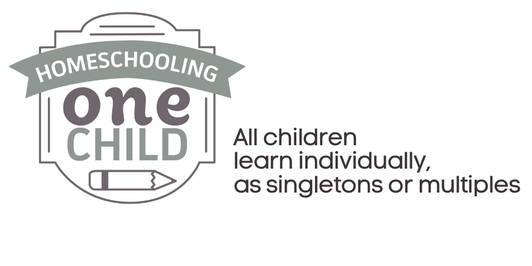
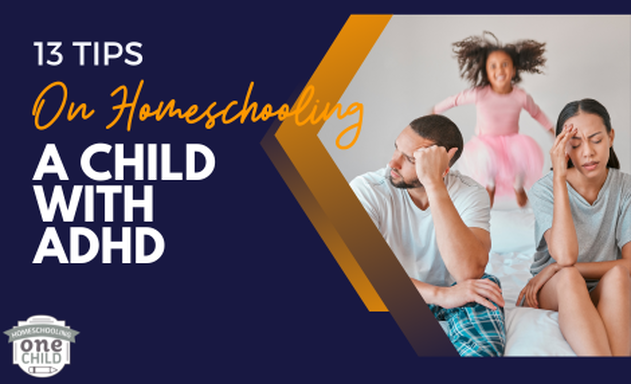
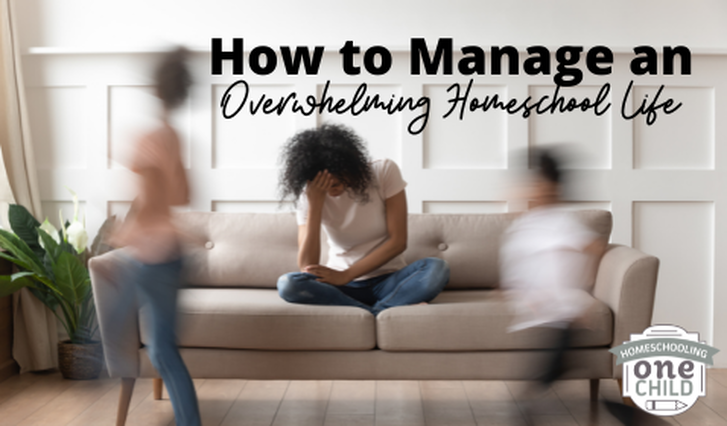
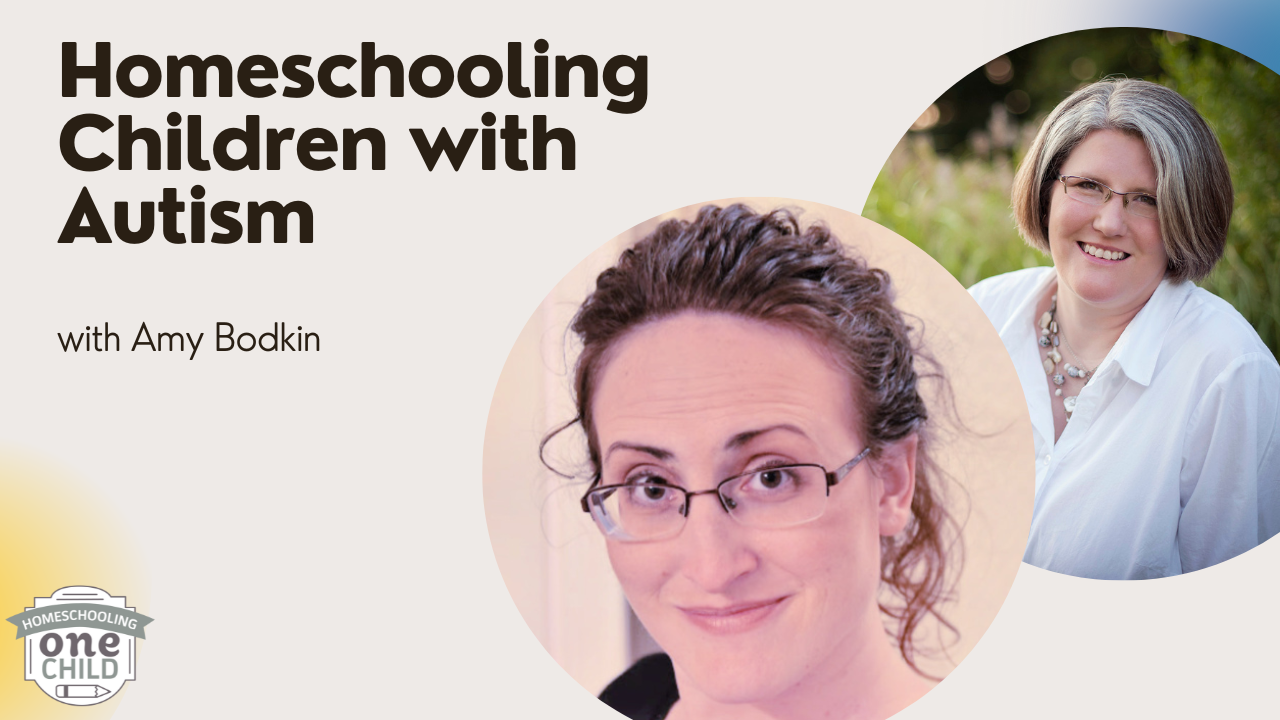


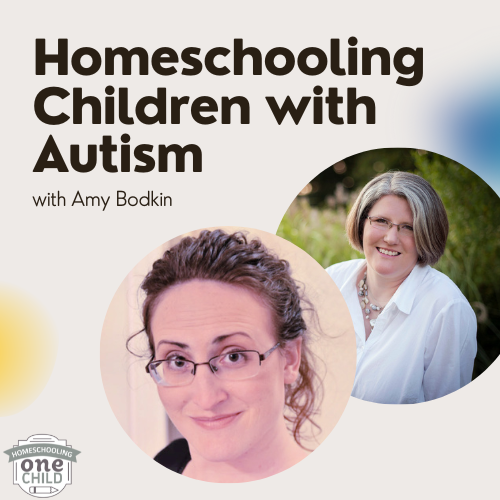
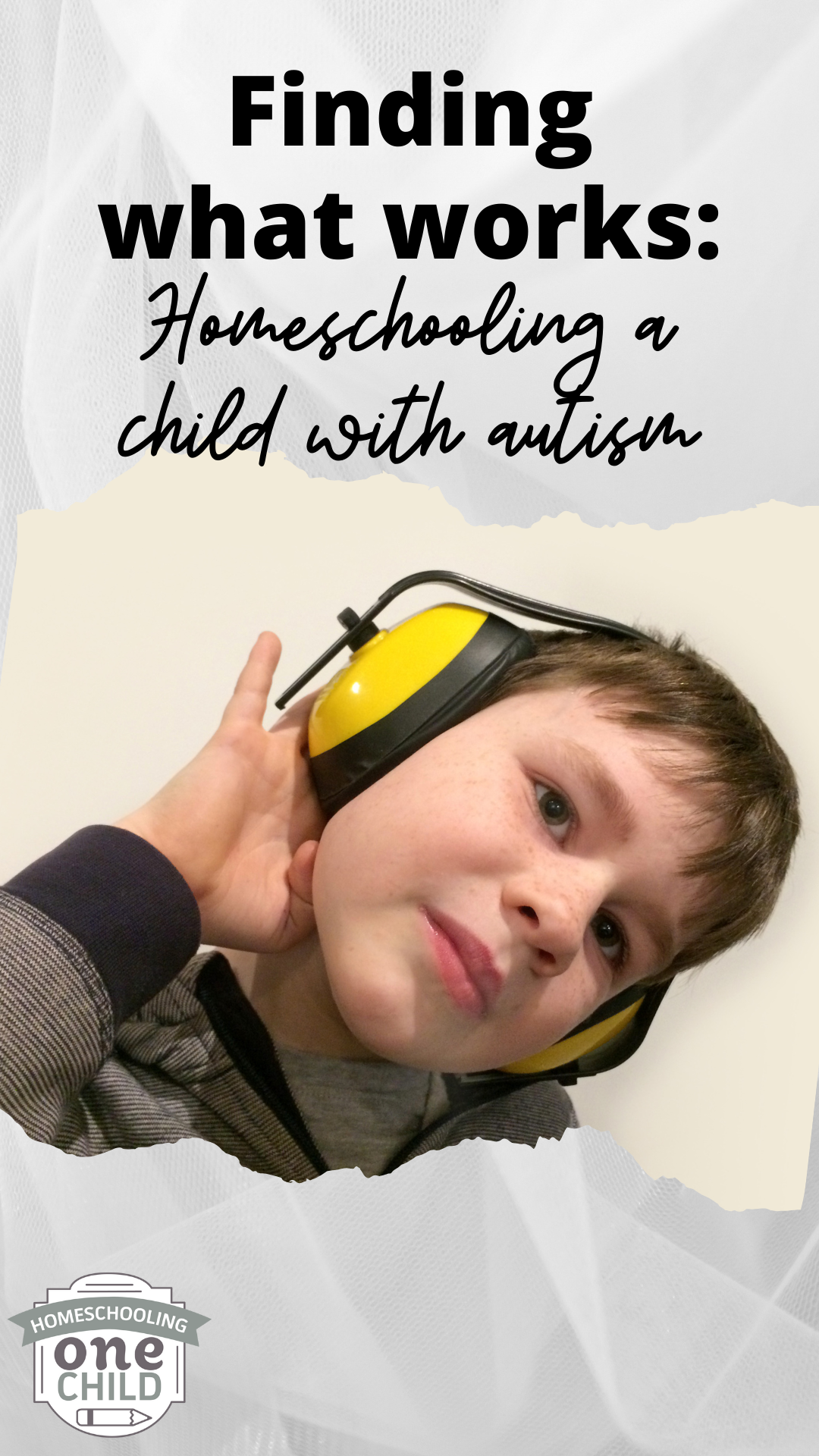
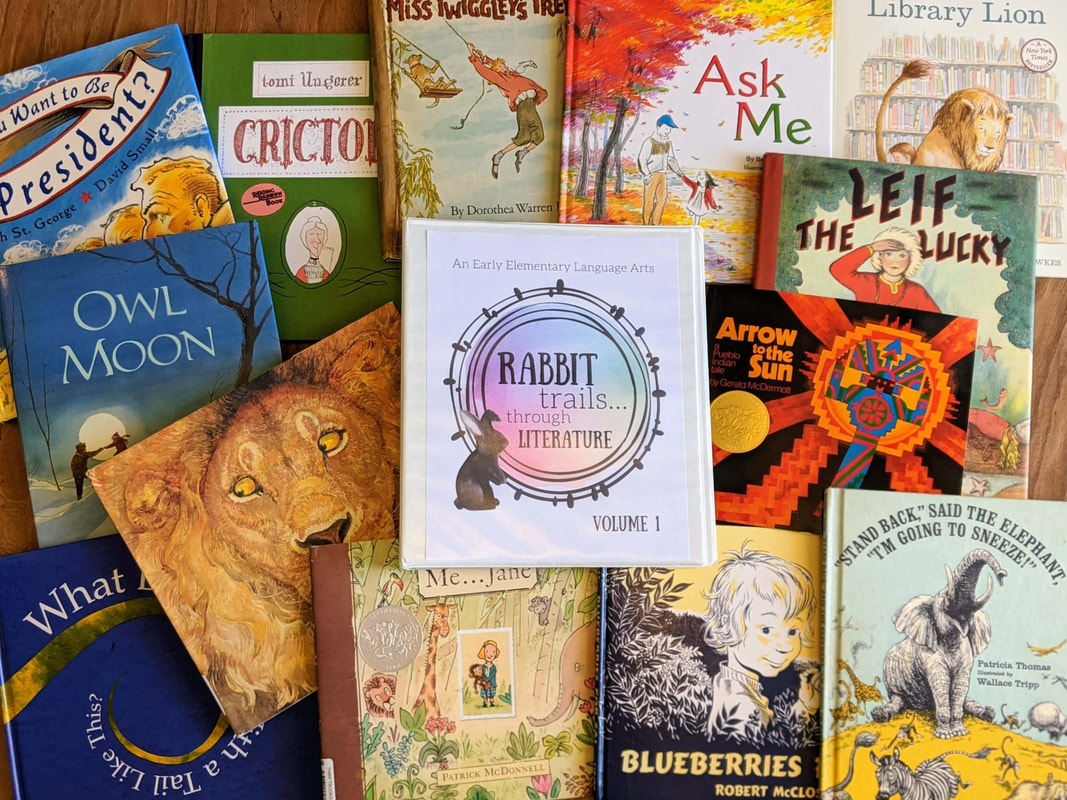
 RSS Feed
RSS Feed
